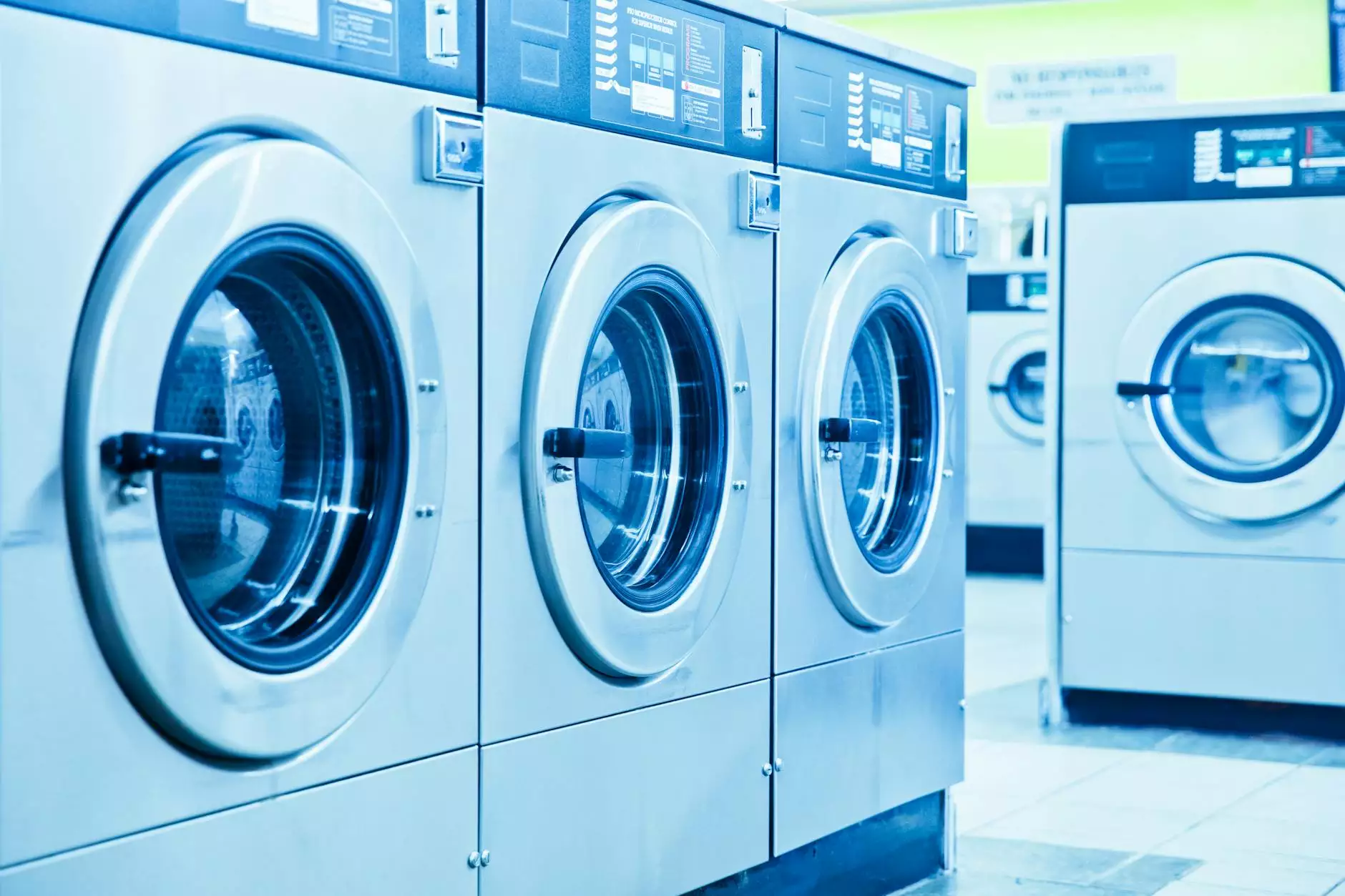Labeling Tool Machine Learning: Transforming Home Services and Locksmiths

The integration of labeling tool machine learning in the home services industry, particularly in the fields of keys and locksmiths, represents a paradigm shift towards automation and efficiency. As technology continues to evolve, businesses like KeyMakr.com are leveraging artificial intelligence (AI) and machine learning to enhance their services and improve customer satisfaction. This article delves into the transformative impact of machine learning labeling tools and their importance in the home services sector.
Understanding Machine Learning in Home Services
Machine Learning (ML) is a subset of artificial intelligence that enables systems to learn from data, identify patterns and make decisions with minimal human intervention. In the context of home services, machine learning algorithms analyze vast amounts of data to automate processes, streamline operations, and enhance customer interactions.
Machine learning can significantly boost efficiency in various areas, including:
- Customer Support: AI-powered chatbots can handle customer inquiries and provide 24/7 support.
- Inventory Management: Predictive analytics can optimize stock levels and reduce waste.
- Service Customization: Machine learning algorithms analyze customer preferences to tailor services.
The Role of Labeling Tools in Machine Learning
Labeling tools are vital for machine learning because they train AI models by providing structured data sets. In home services and locksmiths, the use of labeling tool machine learning enables the identification of various patterns in customer behavior, service requests, and operational efficiency.
Key Functions of Labeling Tools
Labeling tools serve several critical functions in the machine learning lifecycle:
- Data Annotation: They facilitate the manual or automated tagging of data, making it understandable for algorithms.
- Quality Control: By ensuring high-quality labeled data, they improve the accuracy of machine learning models.
- User-Friendly Interfaces: Most labeling tools provide intuitive interfaces that help teams annotate data without requiring extensive technical skills.
Benefits of Using Labeling Tools in Home Service Industries
Integrating labeling tools with machine learning can drastically enhance the operational capabilities of home service businesses. Here’s how:
Enhanced Decision-Making
By utilizing labeling tool machine learning, companies can make data-driven decisions that align closely with market trends and customer needs. For instance, if a particular service request spikes, the system can quickly analyze the data and suggest appropriate actions.
Improving Customer Experience
The effectiveness of labeling tools directly translates to better customer experiences. For locksmith services, efficient handling of data can lead to:
- Faster response times for service requests.
- Personalized service offerings based on customer data analysis.
- Predictive maintenance alerts for residential lock systems.
Operational Efficiency
Labeling tools reduce the need for manual labor, allowing businesses to allocate resources more effectively. When coupled with machine learning, companies can automate repetitive tasks such as scheduling or invoicing, freeing up valuable personnel to focus on strategic initiatives.
Challenges and Considerations
While the benefits are substantial, the implementation of labeling tools for machine learning in home services is not without its challenges. Some considerations include:
Data Privacy
With the increasing use of customer data comes the need for stringent data protection policies. Businesses must ensure compliance with legislation like GDPR and CCPA, securing customer data while leveraging it for enhanced services.
Quality of Data
The success of machine learning models heavily relies on the quality of training data. Poorly labeled data can lead to inaccurate predictions and ultimately hurt business performance.
Technological Investment
Investing in advanced labeling tools and the associated infrastructure requires a commitment from businesses. However, the long-term benefits, including cost savings and improved service quality, often outweigh the initial expenditures.
Future Trends in Labeling Tool Machine Learning
The future of labeling tool machine learning in the home services sector is promising, with several trends poised to shape the industry:
Increased Automation
As technology advances, we can expect an even greater shift towards automation. More sophisticated machine learning models will emerge, requiring fewer human inputs to operate effectively. This shift will help companies streamline operations while decreasing labor costs.
Real-Time Data Processing
Future labeling tools will likely offer real-time data processing capabilities, allowing businesses to make instantaneous decisions based on current data trends. This capability will significantly enhance customer service in the keys and locksmith industries.
Integration with Internet of Things (IoT)
The integration of IoT devices with machine learning will enable the collection of vast amounts of data from home services equipment. This data can be used to create predictive models that anticipate service needs before they arise, enhancing customer satisfaction.
Implementing Labeling Tool Machine Learning: Best Practices
For businesses looking to harness the power of labeling tool machine learning, following best practices is essential for success:
- Define Clear Objectives: Establish what you want to achieve with machine learning.
- Choose the Right Tools: Research and select labeling tools that cater to your specific needs.
- Ensure Data Quality: Invest time in cleaning and labeling your data accurately.
- Monitor and Optimize: Continuously monitor your models and optimize them based on performance.
Conclusion
In summary, the use of labeling tool machine learning in the home services industry, especially in keys and locksmiths, is revolutionizing how businesses operate. By leveraging sophisticated technology, companies can enhance operational efficiency, improve customer experiences, and make informed decisions based on data analysis. As the industry continues to evolve, staying ahead of technological trends and adopting best practices will be key to success. Embrace the future of home services with machine learning, and unlock the potential for growth and innovation.



